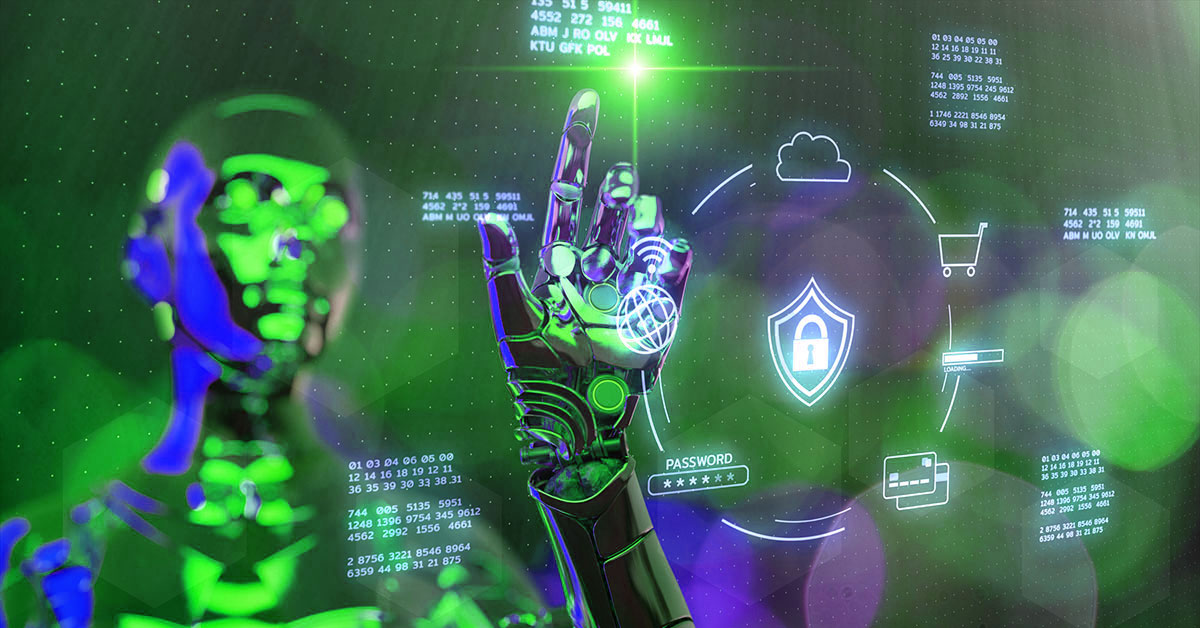Over the course of my cybersecurity marketing career, I’ve met a substantial number of security professionals, from a variety of disciplines—sales, technical support, executive leadership—who hail from a military background. As a military brat myself (go Army), it got me thinking about the connection between military service and cybersecurity.
With May being National Military Appreciation Month we asked veterans at Exabeam to share some tips for those who want to get into cybersecurity and their thoughts about the industry. Not only did a military background help equip these professionals for the many challenges that come with securing information systems, but it also offers an edge when it comes to breaking into the exciting, lucrative and rewarding field.
Skills That Translate
Military life teaches some valuable lessons to those who serve, and those lessons translate well to the cybersecurity field. Keith Buswell, a former F-16 mechanic who served in the Air Force, learned early on that failure is not an option. In the military, as well as in cybersecurity, if one approach doesn’t succeed, he always works at a problem until he finds a solution that works.
For former Marine Corps infantryman Ryan Brown, the collaboration skills he developed in the military are essential to his success as a regional sales director for Exabeam. Just as servicepeople on the front lines must rely on support, the sales team must reach out to other departments to collaborate. When he was deployed, the support was crucial for completing missions. In sales, that support and collaboration is necessary to make sure customers always receive the support they need when they need it.
Entering the Field
Military service can be a great resume booster, but for some, the military serves as a great entry into the field of cybersecurity. That’s what Eric Sanchez found while serving in the Air Force in the 1990s when information security was still relatively new. He was chosen to help with security projects due to his proven ability to think outside the box. With this skill, he was able to help identify vulnerabilities to help keep the war fighter mission moving forward.
Keith’s background as a mechanic came in handy when he transitioned into work as a technician at a security information management firm. During the interview, the hiring director noted that he had no cybersecurity experience but saw potential in his military background. As the director said, being in the military means he won’t let himself fail, which translates well to a high-pressure cybersecurity environment.
For some military personnel, though, the background simply equips them for the perseverance they need to work their way to the top. Ryan began his cybersecurity career in the mailroom of NIA, which later became McAfee. He credits his training in the Marines for helping him gradually work his way up the chain over his 19 years with the company.
Although Nate Labadie never served in the military, as a hiring manager for Exabeam he clearly sees its value. As he’s reviewing resumes, it’s something that always stands out. A large part of this is the fact that he’s had such good experiences with his own former military team members. When it comes to that “never quit” mentality, he’s seen how it works in his team.
Trends in Cybersecurity
Cybersecurity experts deal with the always-changing threat landscape on a regular basis. Chris Tannery, whose background is in signals intelligence for the Marines, found that the command-and control-driven nature of service in the Marines taught him the skills he needed. Specifically, the detect-and-respond nature of the work he did carried over into his cybersecurity career, which he’s done for the past 16 years.
For Eric, dealing with nation-state attackers in cybersecurity today is similar to how the nation-state actors replicated US offensive operations years ago. The methods used by nation-state attackers trying to infiltrate various systems, as well as how infrequently they succeed are years behind and shows how advanced our armed forces are when it comes to protecting the nation.
Across the country, military veterans are working in cybersecurity, using the skills they learned in service to keep systems safe. But perhaps the most important skill the military teaches is perseverance, and that trait is an asset no matter what occupation a person chooses.
Similar Posts
Recent Posts
Stay Informed
Subscribe today and we'll send our latest blog posts right to your inbox, so you can stay ahead of the cybercriminals and defend your organization.
See a world-class SIEM solution in action
Most reported breaches involved lost or stolen credentials. How can you keep pace?
Exabeam delivers SOC teams industry-leading analytics, patented anomaly detection, and Smart Timelines to help teams pinpoint the actions that lead to exploits.
Whether you need a SIEM replacement, a legacy SIEM modernization with XDR, Exabeam offers advanced, modular, and cloud-delivered TDIR.
Get a demo today!












